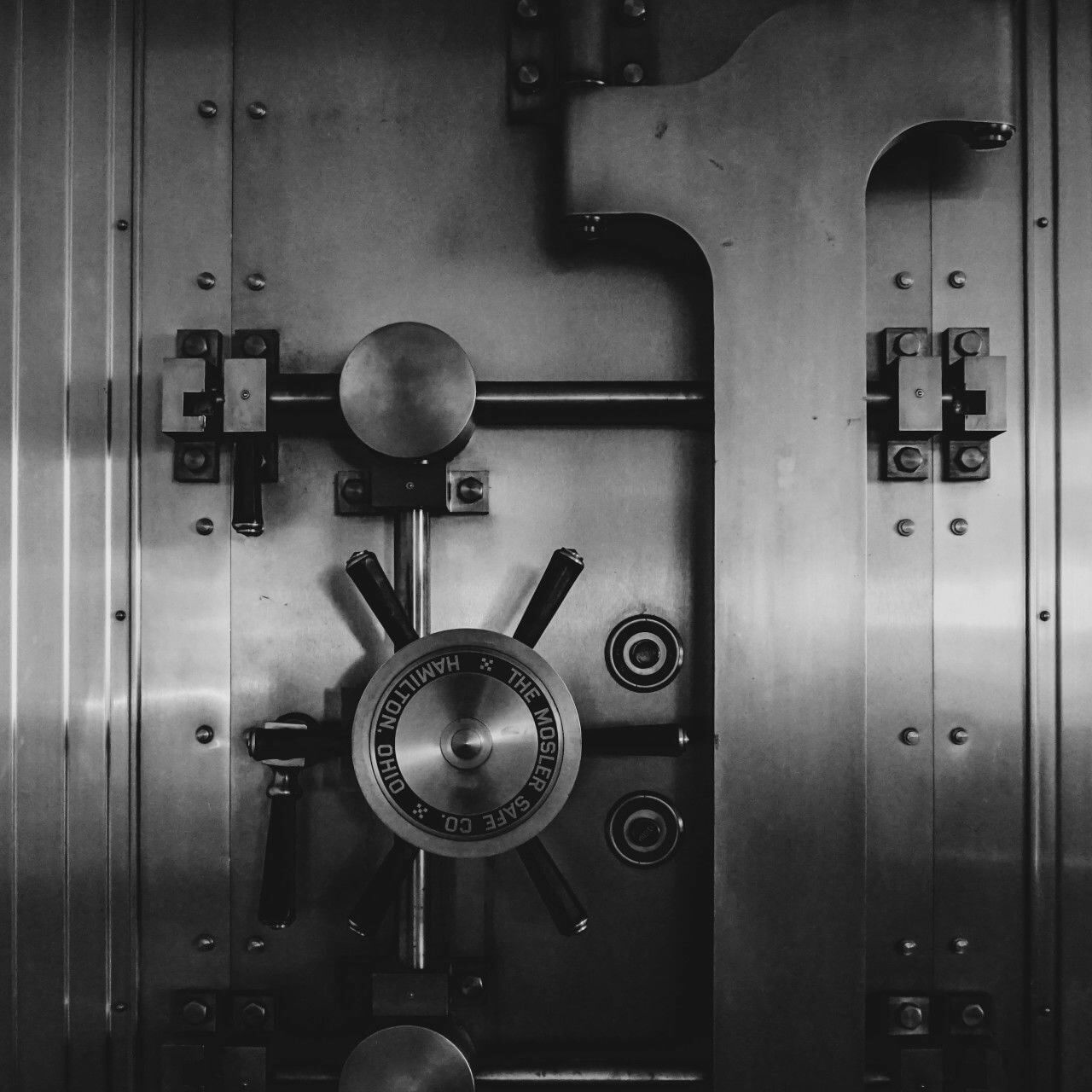In today's digital age, it's more important than ever to protect our online accounts with strong and secure passwords. Unfortunately, many people still use weak or easily guessable passwords, putting their personal information and sensitive data at risk. In this blog post, we'll discuss some best practices for creating and managing strong passwords.
Use a unique password for each account
It's essential to use a different password for each account. If you use the same password for multiple accounts and one of them is compromised, all your accounts could be at risk. Using unique passwords ensures that if one account is hacked, the damage is limited to only that account.
Use a strong password
A strong password is one that's difficult for others to guess or crack. It should be at least 12 characters long and include a mix of uppercase and lowercase letters, numbers, and symbols. Avoid using common words or phrases, personal information like birthdates, and easy-to-guess sequences like "1234" or "qwerty."
Don't use common passwords
Using common passwords, such as "password" or "123456," makes it easy for hackers to access your account. Passwords that are commonly used or easy to guess are often included in password dictionaries used by hackers, so avoid them at all costs.
Use a password manager
A password manager is an excellent tool for creating and managing strong passwords. It securely stores all your passwords in one place, so you don't have to remember them all. Password managers can also generate strong, random passwords for you, so you don't have to come up with them yourself.
Enable two-factor authentication
Two-factor authentication adds an extra layer of security to your accounts. It requires you to enter a code sent to your phone or generated by an app in addition to your password. This means that even if someone manages to guess your password, they still can't access your account without the second factor.
Change your passwords regularly
Changing your passwords regularly can help keep your accounts secure. It's recommended to change your passwords at least every six months, but more often is better.
Be cautious when entering passwords on public computers or networks
Avoid entering passwords on public computers or networks, as they may not be secure. Hackers can easily intercept passwords transmitted over public Wi-Fi networks, so it's best to wait until you're on a secure network before entering passwords.
In conclusion, using strong and unique passwords is essential for protecting your online accounts. By following these best practices, you can create and manage strong passwords that help keep your personal information and sensitive data secure.

